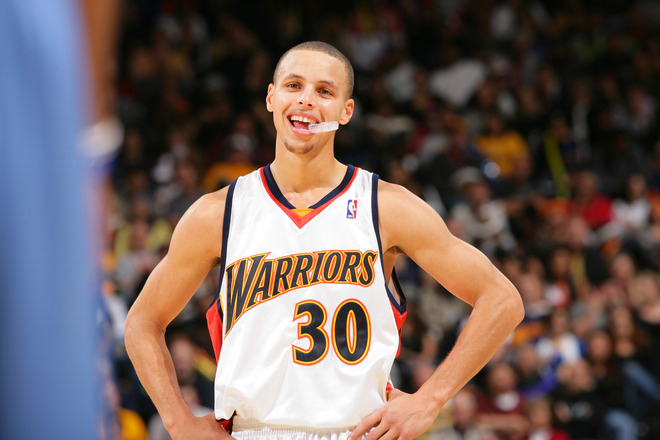The following “Six Questions” short interview with Jennifer Keene, Senior Director of Personality and Property Marketing at Octagon, was conducted by Belmont University Law School student and aspiring sports/entertainment agent Mark J. Burns. Connect with Jennifer on Linkedin and Twitter.

1) When did you first realize that you wanted to work in sports? First volunteer/internship opportunities?
My path to a sports career was not like that of many of my peers. I often joke that I have an accidental sports career — it’s true even if it doesn’t tell the whole story. At Cornell, I studied psychology thinking that after graduation I would attend graduate school and perhaps become a school psychologist. As a result, my summers and other free time were spent volunteering with youth organizations, mentoring troubled teens, shadowing a psychology in a secure facility for delinquent teens and even working in day care.
But at some point my interests changed. I finished my psychology degree but moved to NYC instead of applying to grad school. I got an entry-level job in ad sales for People Magazine during which time one of my supervisors, a fellow Cornell graduate, was the terrific Karen Kovacs, the eventual Publisher. She was very patient with me — I had no real business experience and a lot to learn.
Over time I became frustrated with the lack of growth potential within the company and began to look for a new job that would allow for career advancement. I interviewed and subsequently received three job offers. One from a literary agency, another from a public relations agency and a third to work in licensing for consumer products for the NBA. To be honest, my acceptance of the NBA role was not about a love of sports, but about perceived career opportunities and my perception of the NBA as the company most likely to be in business five years in the future. Yes, seriously.
During the interview process, I was careful to convey enthusiasm but not to misconstrue my level of sports knowledge. You see, I never played basketball or any other sports growing up; I was a dancer, a cheerleader, took piano lessons and otherwise kept busy with school. It did not happen overnight but with time, I became a fan.
I moved to the athlete marketing side of the sports business in 2001, relocating to Washington, DC and spending four years at Williams & Connolly with Lon Babby and Jim Tanner. In 2006, I joined Octagon and in 2011, I moved from headquarters in McLean, Virginia back to New York City.
2) As the Senior Director of Personality and Property Marketing at Octagon, what are your daily responsibilities?
In simplest terms, I am charged with generating revenue for clients through the creation of appropriate partnerships and other programs. Clients can mean athletes such as Emmitt Smith or Stephen Curry, major events, and other platforms or properties.
3) What are some of your big picture responsibilities?
There is a perception that opportunities, particularly for athlete clients, just roll in for agents to pick and choose from, and then negotiate. That is rare. Instead, we work to build and maintain relationships with brands, their agencies and entities that broker talent partnerships. We watch trends, emerging product categories, and identify key contacts. We monitor client performance, media coverage and partnership activation, determining how to leverage this information with prospective partners.
4) What is the one skill/trait that has helped you the most in working with your clients?
Creativity. It isn’t just The Big Idea type of creativity that matters, but also thinking of alternate ways to approach projects and issues.
5) What is the most rewarding aspect of your job?
Seeing a project through from a cold call to activation of the partnership. A client confided that he had been diagnosed with a medical condition. After gauging his comfort level talking about it, I contacted a pharmaceutical company that made sense based on the specific diagnosis. Over the course of several months, the pharmaceutical company, its agency and I negotiated a partnership that doesn’t just compensate the client well, but has helped him better understand his condition while communicating its management to others. Hearing a client say “thank you” is also very rewarding.
6) In 100 words or less, what advice would you give aspiring sports business professionals who want to work at an agency like Octagon?
Network respectfully. Know that sports industry professionals receive numerous inquiries requesting career guidance and can’t always respond in great detail. If you secure an informational interview, arrive armed with specific discussion topics and questions (other than “will you hire me?”). My own background aside, internships matter. Although we don’t hire every intern, quite a few of my colleagues are former Octagon interns. Embrace sales. There’s a negative connotation (for some) associated with the word, but to me, sales is the ongoing opportunity to create.
